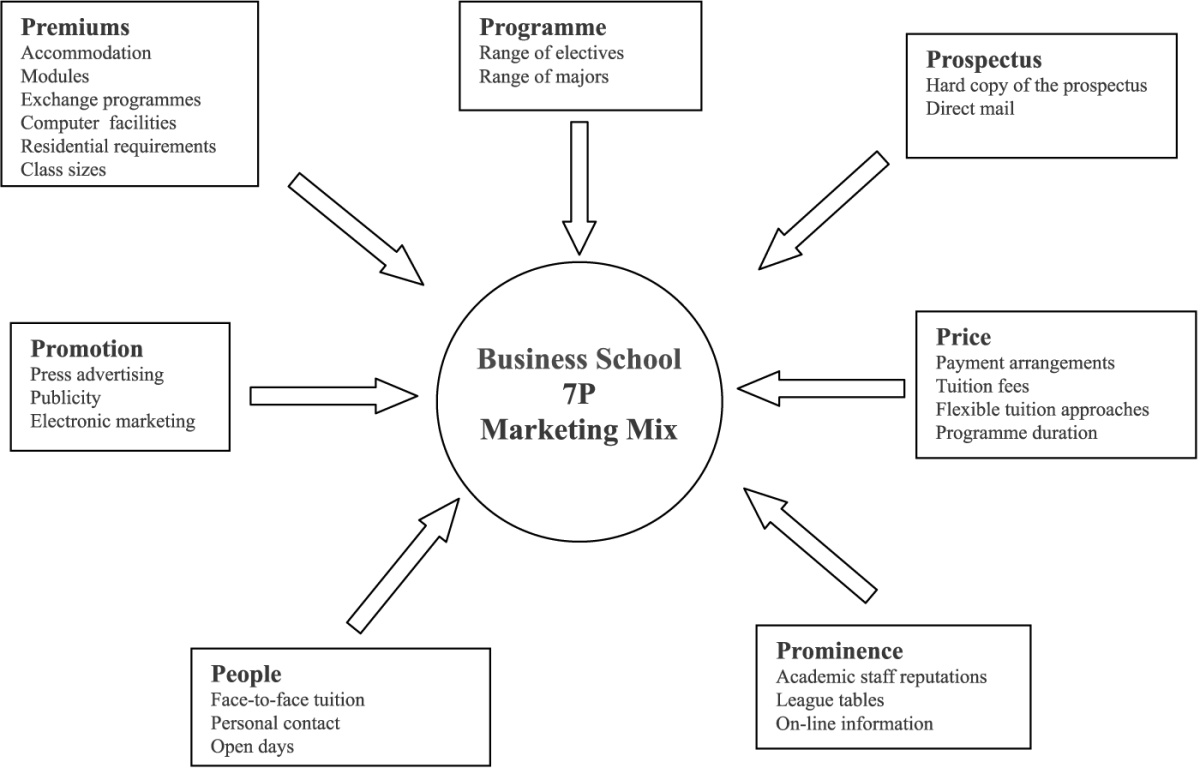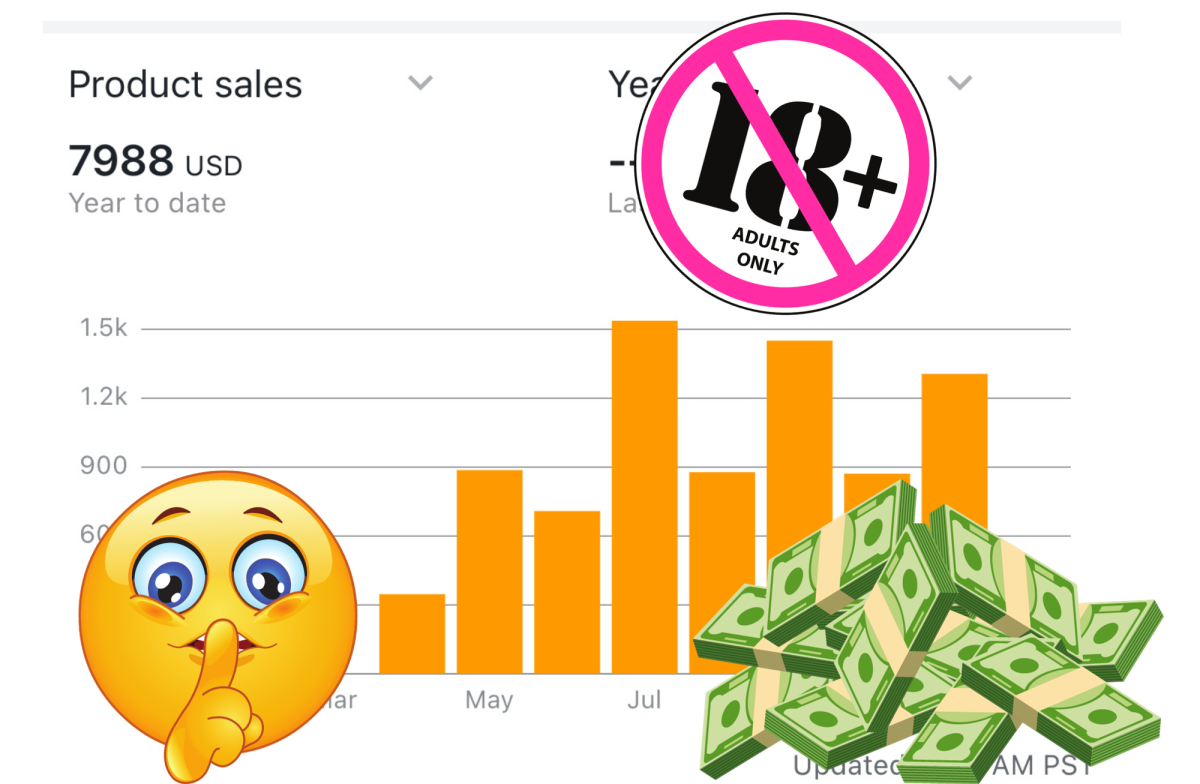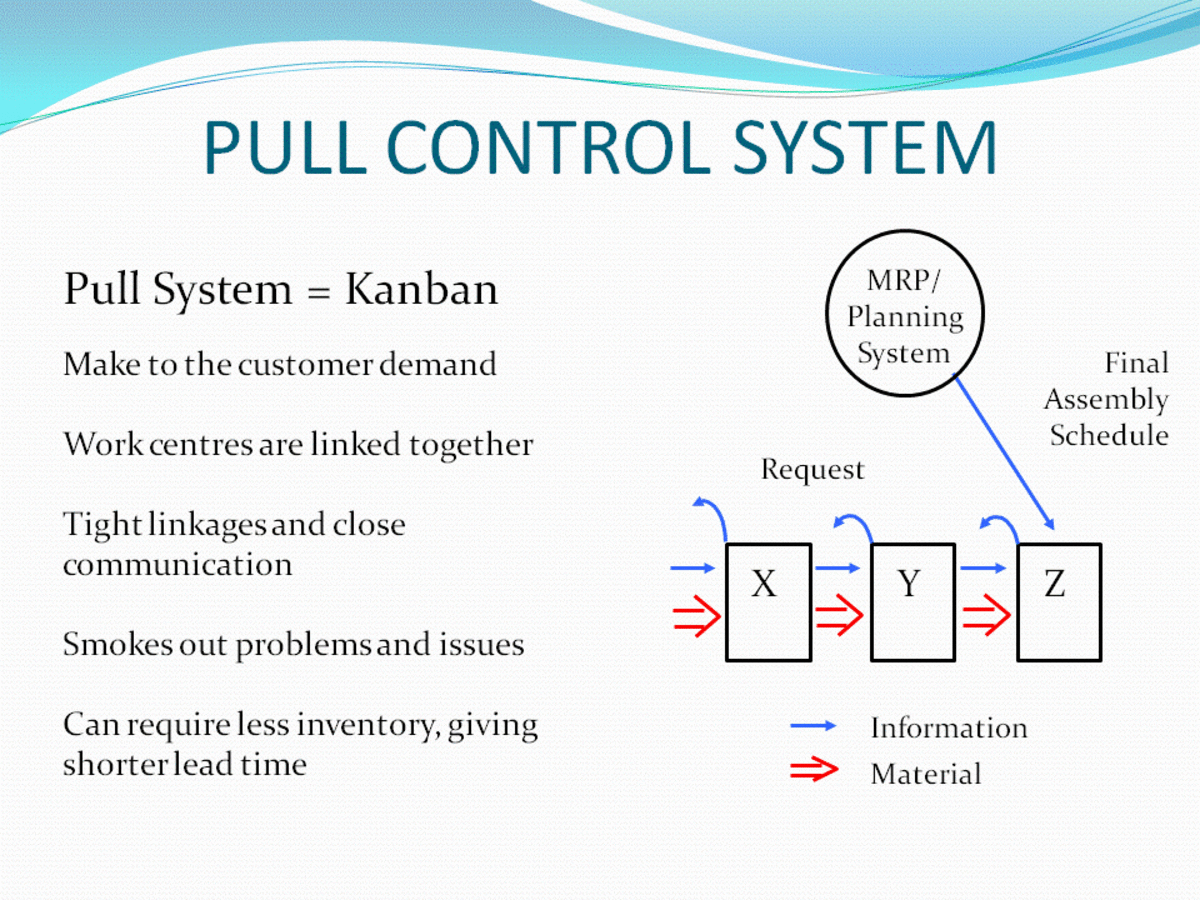What Is Viral Marketing?

Going Viral – What Is Viral Marketing?
'Going viral' is a term used a lot to describe the latest internet sensation.
Here we take a look at how companies can and have used what is known as viral marketing to enhance their brand and advertise their products or service.

How To Go Viral
The term gone viral is banded about quite often these days, often without a full understanding of what it means. Whilst quite often viral is used to refer to the latest home video that has received a staggering amount of hits online, viral marketing is actually a tool an internet marketing consultant can use to his or her advantage.
So how do things go viral?
Essentially it is all about creating a buzz; getting people talking and excited about something, be it a new product, a promotion or even a video or online game. The key is to get everyone on social network sites like Facebook or Twitter sharing the craze with whoever they are connected to.
Growth is exponential; one person is exposed to the new video or product and shares it with several of his or her contacts. As more and more people become infected, the number of people sharing the buzz also increases, thus exposing even more users to the infection.
There has actually been extensive research into viral marketing, most notably by professors Andreas Kaplan and Michael Haenlein. They claim that there is a structure to the spread of a message that is in the process of going viral, made up of three main types of messenger.
At the top of the pile there are the people in the know. They are often specialists in their field and will be the first to hear the new message and spread to amongst their immediate social network.
After these mavens are the salespeople; the men and women who possess the ability to amplify the message beyond the tight circle of specialists. Their role is also to dress up the message and turn it into something relevant and persuasive.
Finally, the social hubs are the people who turn the message into a viral phenomenon. Using their extensive social networks, they can share the message with hundreds or even thousands of people almost instantly.
For a company to launch a viral campaign they must have the contacts to get their message to hundreds of thousands, if not millions of people. If the company have only a limited network of clients, the role of an internet marketing consultant may well match that of a salesperson.
Probably the best example of a hugely successful viral campaign in the UK is the Cadbury’s Dairy Milk advert, launched in August 2007. The 90 second clip featured a gorilla playing the drums to ‘In the Air Tonight’ by Phil Collins. After being uploaded to YouTube, the clip clocked up over half a million views in the first week alone and was widely reported to have significantly improved public perception of the Cadbury brand.
All in all, viral marketing can (and has been) a very effective tool for a company to use as part of an overall marketing strategy. After all, the Cadbury’s viral video formed only the centre piece of what was overall a £6.2 million campaign. That said, with careful marketing and an exciting message, there is no reason a company can’t cause a storm about their latest brand, service or product.









